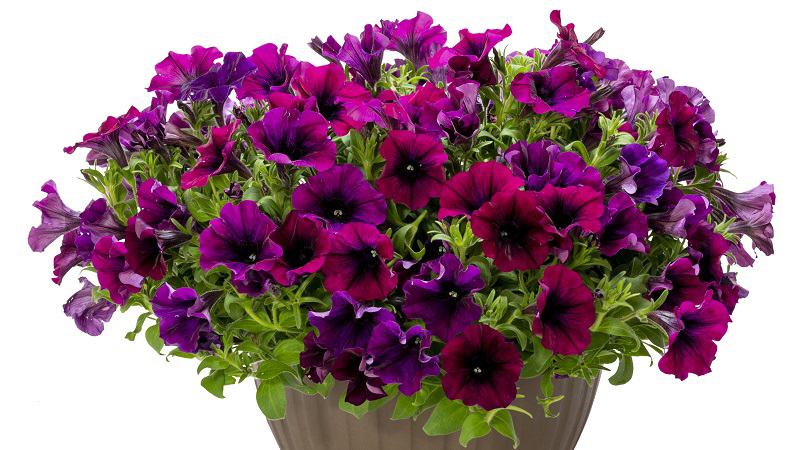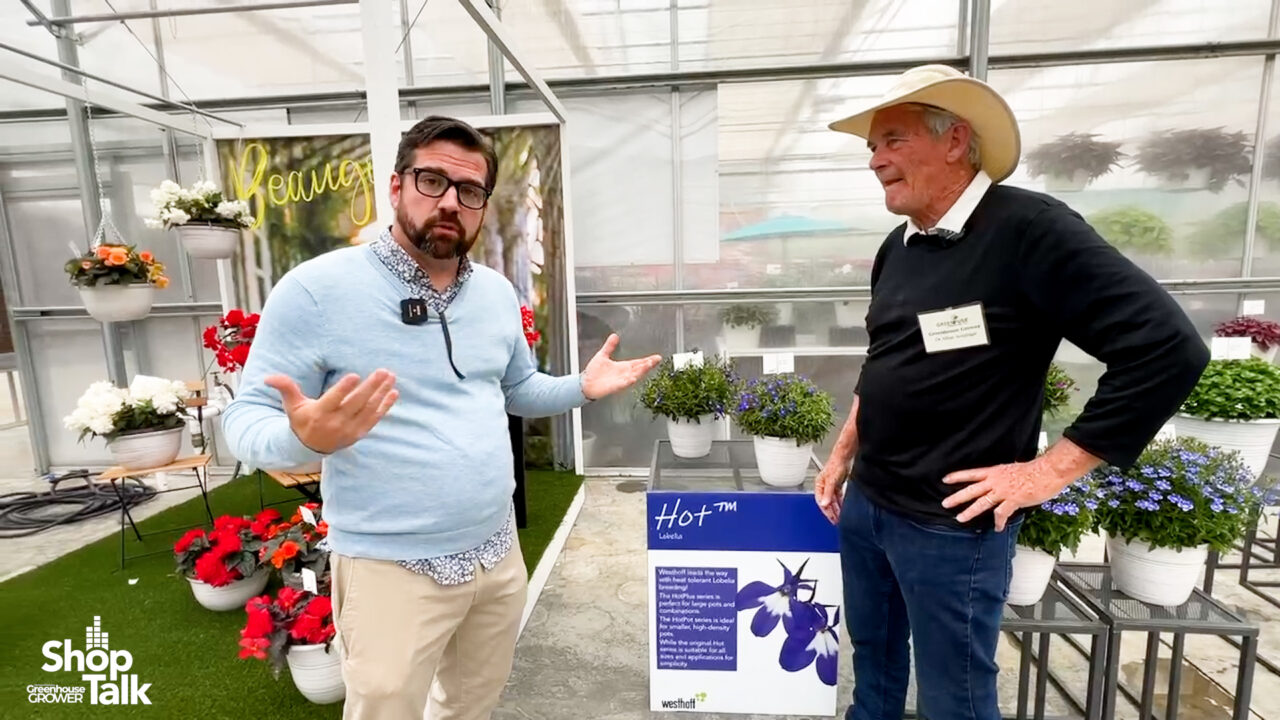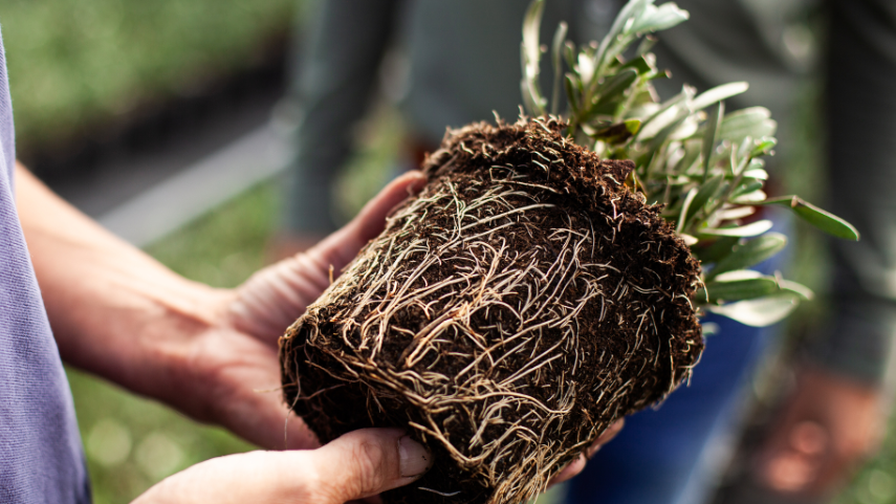State Of The Industry: Driving Sales In A Down Economy
![]()
At a time when so many companies are filled with doom and gloom, we’re seeking out the success stories–growers who are defying the recession and excelling. The three growers we’re featuring offer strategies you can implement in your business.
Dedication & Reputation
Bettinger Farms in Swanton, Ohio, near Toledo is mostly focused on spring production, serving independent garden centers in the South and Eastern Midwest. At a time when maintaining sales is the new up, Bettinger’s sales continue to grow–12 percent in 2007, 3 percent in 2008 and 4 percent in 2009. The business was founded in 1940 by the legendary Leonard Bettinger, a pioneer in the bedding plant revolution. The 11-acre operation is now run by son Ron Bettinger, his son Brian and John Pawlaczyk.
“Even though the company has gone through many changes in the past 50 years, the key to our company’s success hasn’t changed–excellent employees and teamwork,” Ron says. “The people here care about the product and service as much as the owners care. We believe in leading by example and treating people with respect and integrity. The cooperation of the staff is phenomenal as in any successful business, whether the market is good or poor. My belief is that an economic downturn is a time to gain market share. It is tough to run a business today, but our goal is to continue to produce quality plants and grow relationships in the future. Positive thinking and excitement have taken us forward.”
Bettinger Farms prides itself on staying current on what’s new in the industry and performing well, as well as giving customers the tools to be successful in business. Standing behind the quality of its plants, Bettinger is now producing in branded pots. “We all offer plants and every customer has more than one supplier,” Ron explains. “That has given us the opportunity to show them the difference in product and service. Within 24 hours, their load is sitting at their door. Delivery is very crucial to their 12-week sales window. By combining a quality product with personal service, we don’t have to push a product out the door at a lower price just to say we moved it.”
While the season may only be 12 weeks, Brian’s wife Debbie nurtures customer relationships year round. “They are not just customers to us, they are my friends,” she says. “I don’t want the season to end and it really doesn’t for me. I keep working at it, thinking of new ideas and ways to make it better. I keep my customers updated, listen to them and visit them. Our customers can reach me in sales 24/7. They have my home number and cell phone number. I am here for them during the busy time to get the job done. I really love what we do and am proud of every bit of it.”
Shaping Up Shipping
Robrick Nursery in Hawthorne, Fla. sells finished plants to garden centers and landscapers and young plants to small to mid-sized wholesale nurseries. “Most of our attention is on rooted liners and our prefinished 4-inch program,” Robyn Turek says. “It’s with young plants we’ve seen the most sales impact.”
The company has driven sales for 2010 by solving shipping problems in 2009. While sales were down in 2009, prebooked sales for 2010 were already up 20-25 percent in December. These shipping solutions include working with Federal Express to negotiate better rates and a new bulk box that eliminates the risk of tumbling, protects plants better from extreme temperatures and uses 45 percent less cardboard.
“The loudest complaint we have heard from customers has been about the high cost of shipping, and we are doing something about it,” Turek says. “We have responded by working closely with FedEx to negotiate better rates with both Express and Freight. We have also worked closely with the Packaging Corporation of America to improve our packaging for FedEx Freight while reducing the cost. Orders that ship in our new Big Box can see as much as 60 percent savings on packaging costs while not losing any of the temperature insulation value and virtually eliminating the possibility of tumbling in transit.”
Robrick’s also is calling each customer to let them know the order is shipping and presenting the opportunity for customers to add last-minute items to fill the box and maximize freight. “We then follow up with the customer a few days after the plants are delivered to ensure that everything arrived in excellent condition,” she says. “This enables us to respond quickly if a claim needs to be processed with the carrier or if replacements need to be sent out.”
Spring Soul Searching
Lloyd and Candy Traven of Peace Tree Farm in Kintnersville, Pa., are completely revamping their spring production and going back to being a funky, niche grower. While petunias and calibrachoas represented 40 percent of spring sales, they will only be 5 percent in 2010. Hanging baskets will be custom grown and the only zonal geraniums Peace Tree will be growing are the fancy-leafed types. The potted plants will be broader range of interesting foliage and component plants in smaller numbers.
“I can’t make money off geraniums and calibrachoas. I am the sweet stuff guy,” Lloyd says. “We have to go back to being Peace Tree, which is growing weird, funky plants and heirloom annuals. This is what we were always known for, but when we opened our new greenhouse, we got away from it. It was all about filling the trucks. It’s not what we do, and frankly, it’s not much fun.”
So what is the sweet stuff at Peace Tree? In addition to always being known for a full range of herbs, Peace Tree grows 180 varieties of heirloom begonias, 60 varieties of succulents, 35 varieties of coleus and a wide selection of salvia. Plants with interesting foliage include acalyphas, pseuderanthemums and alternantheras. The couple is also looking at expanding standard tree forms and topiaries in coleus, geraniums and Fleurette mums. The Travens went to Israel this fall and were especially excited about niche offerings from Jaldety and a bulb grower.
These niche product categories will help Peace Tree’s independent garden center customers differentiate themselves from the box stores, too. “People are excited and want more interesting plants,” Lloyd says.
This strategy worked out especially well during the Christmas season. Peace Tree has developed a Christmas Tree Poinsettia that is a tall cone of red flowers, wholesales for $25 and retails for $50-$60. Winter Rose varieties are grown as standard trees. The poinsettias were nearly sold out by Thanksgiving. Herb topiaries also sold well.
One new signature Christmas crop is fully fruited peppers and tomatoes as decorative gift plants. Vegetables have been an exciting direction since Peace Tree’s production became USDA-certified Organic and they developed the One Earth brand for edibles, flowers, foliage, begonias and succulents. “We’re looking at gourmet grocery year round, not just another garden center program,” Lloyd says. “Has the investment in becoming certified organic paid off? We’re still in business. Would we be if we hadn’t? Maybe not. It has been that tough. I am convinced it will pay off.”
Help From Gen Y
In addition to focusing on product development, the Travens have hired Stephanie Whitehouse, a fresh Cornell University grad, to help with sales, marketing and customer service. She is developing Peace Tree’s online sales capabilities and website while enhancing marketing communications and pursuing social media. She also is calling on customers for business and following up after orders have been place to confirm delivery plans and promote add-on sales. The follow-through makes a difference.
“One of the biggest issues for Candy and I is we’re kind of dinosaurs,” Lloyd says. “We’ve done this a long time and it doesn’t work with a lot of our customers now who are turning over to the new generation. We’re also serving brand new customers, like Terrain, with a different sensibility. We get frustrated. Even though I’m happy, pleasant and nice, they see the look on my face. I’ve been driving customers away. At least I’m man enough to admit it. I could take the attitude of ‘Fine, I don’t need you,’ but I do. Some new customers we’ve been after are gravitating toward Stephanie.”









